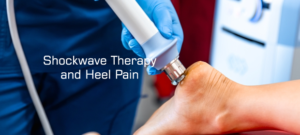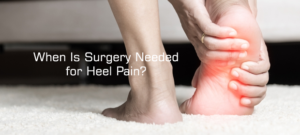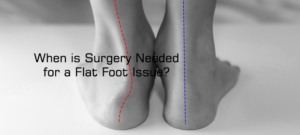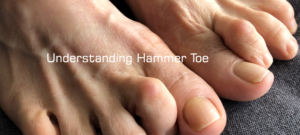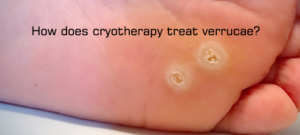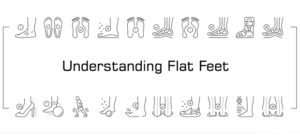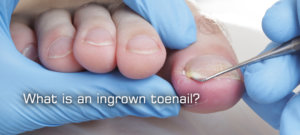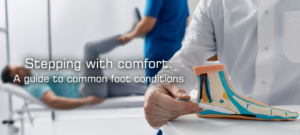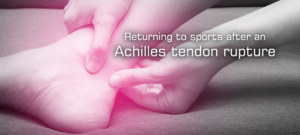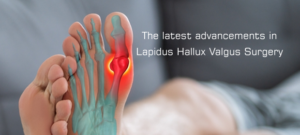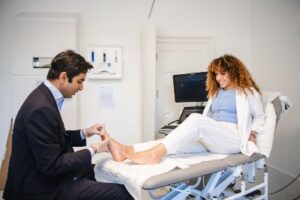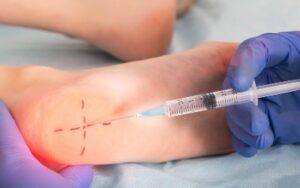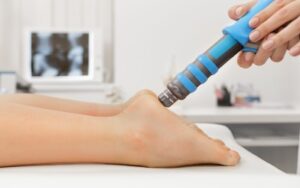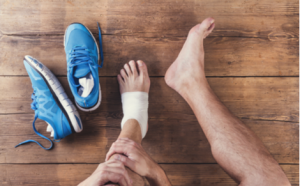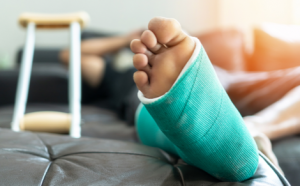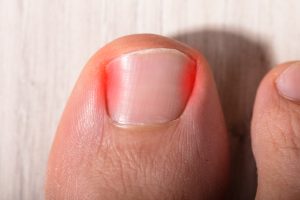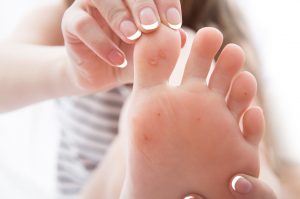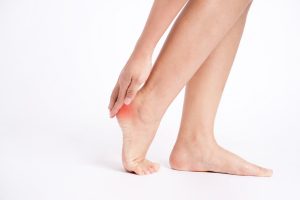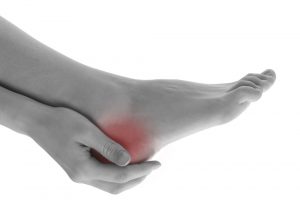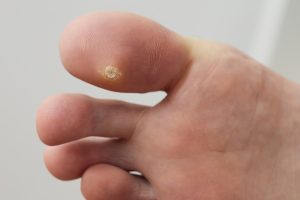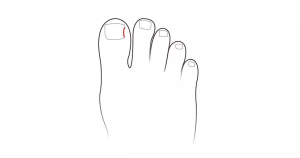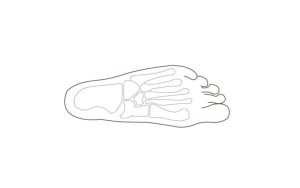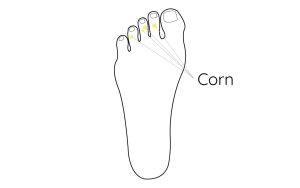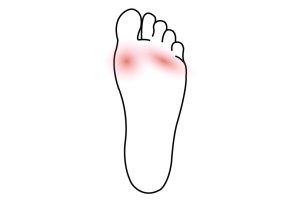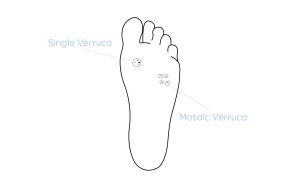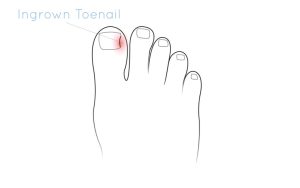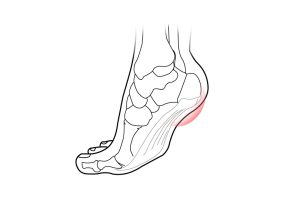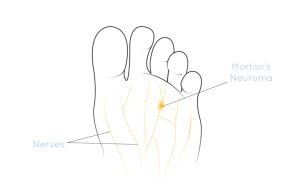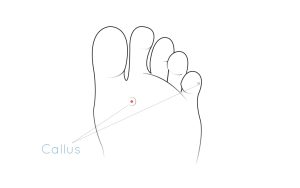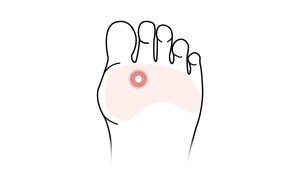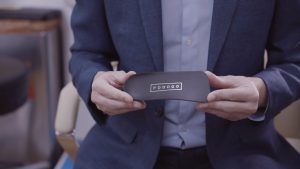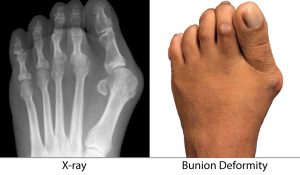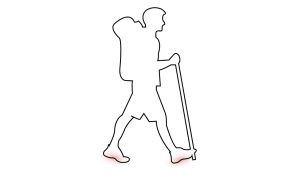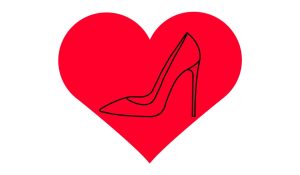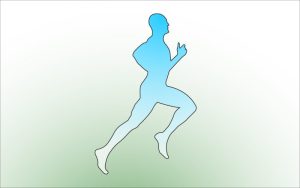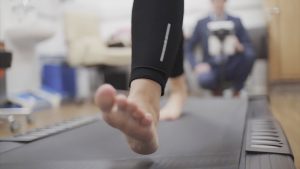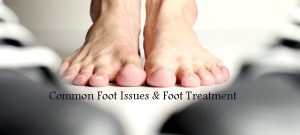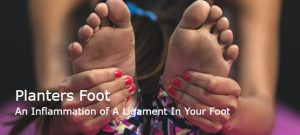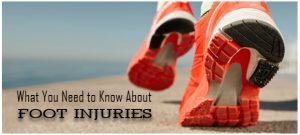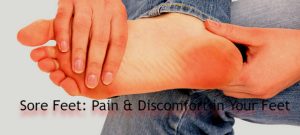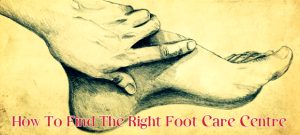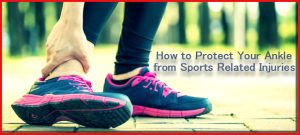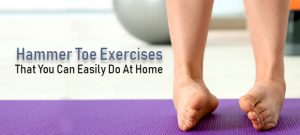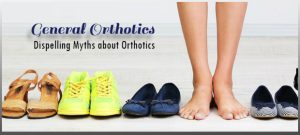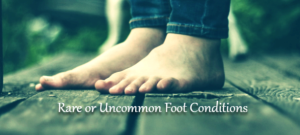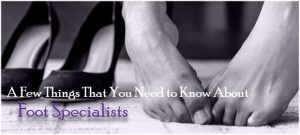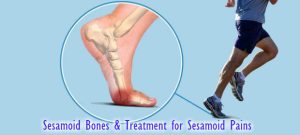Verruca Removal
Cryotherapy treatment for verruca:
The cryotherapy involves freezing verrucae using a very cold substance (usually liquid nitrogen). This is a standard treatment for all warts and can be done in a clinic. The liquid nitrogen application usually takes less than a minute.
A numbing local anesthetic is usually not necessary but may be used in some cases. Your podiatrist applies the liquid nitrogen to the wart using a probe or a cotton swab, this can also be sprayed directly on the wart. Most warts require 1 to 4 treatments, with 1 to 3 weeks between each treatment.
What to expect after verruca cryotherapy?
Pain from cryotherapy can last up to 3 days. Healing is generally quick (7 to 14 days) with little or no scarring. Within hours after treatment a blister may form. If the blister breaks, clean the area to prevent the spread of the wart virus. Avoid contact with the fluid that may contain the wart virus. The blister will dry up over the next few days and the wart may fall off.
If done carefully, cryotherapy poses little risk of scarring. If a wart is thick and requires extensive or repeated freezing, nerves around the wart can be damaged, scarring may occur and the skin may take a long time to recover. There is a small chance of infection associated with cryotherapy.
Electrosurgery to remove verruca:
Electrosurgery is the use a machine called a hyfrecator, which is a low powered medical device. It works by emitting low-power high frequency A.C. electrical pulses, via an electrode, directly to the affected area on the foot. The area in question is numbed using anaesthetic injections similar to that used at the dentist. Your podiatrist will choose the best method of numbing the area in question.
When the anaesthetic wears off it is to be expected that there may be some discomfort initially. This can be managed with over-the-counter analgesics, similar to what you would take for a head ache.
The wound created heals over 2-4 weeks. Sensible shoes and as much rest as possible will help the healing process. You can normally go back to work soon after the procedure. Discuss this further with your podiatrist.
Verruca Excision:
Surgical removal of the verruca, or verruca excision, is a minor procedure typically carried out under local anaesthesia in clinic.
The local anaesthesia is administered to numb the region. The verruca is then scraped away using a curette. The wound may be sutured,
depending on the size of the wound. Typically you will require 2-4 days off from work. Over the first week you will need to wear open toed sandals followed by trainers for a further two days.
You will require 2-3 weeks from high impact activities whilst the wound heals.
Dry Needling:
Dry needling a minor procedure carried out under local anaesthesia. Fine needles are punctured in to the verruca and dermo epidermal junction. The aim is to stimulate an immune response by moving the infected cells in to the dermo epidermal junction.
Typically you will require 2-4 days off from work. Over the first week you will need to wear open toed sandals followed by trainers for a further two days.
You will require 2-3 weeks from high impact activities whilst the wound heals.
Related Blogs
Thoughts and advice on foot health care from the Podogo team.

